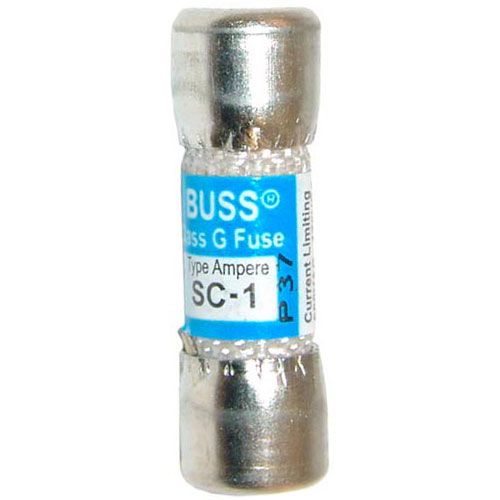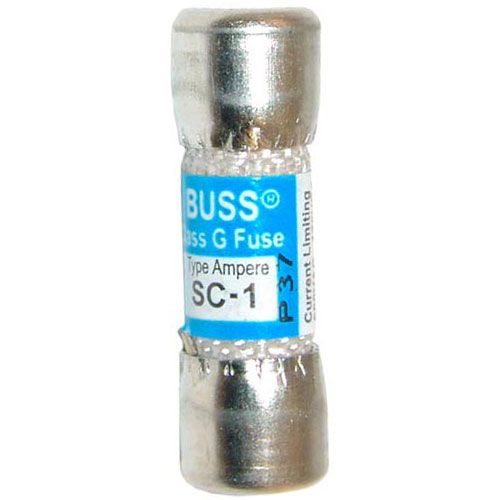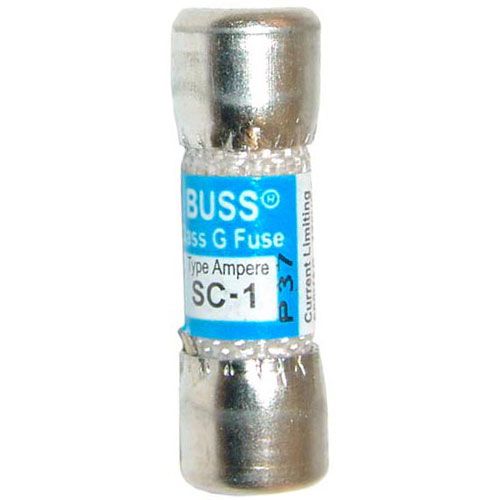
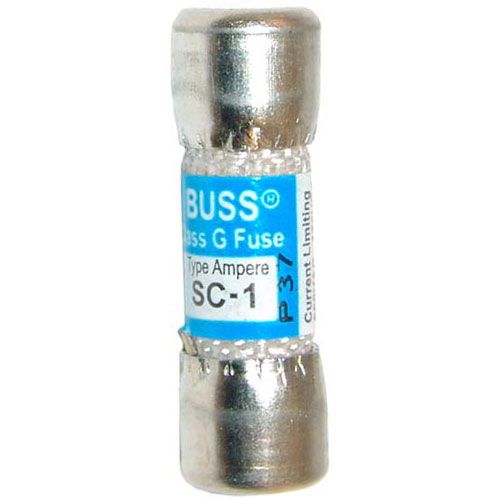
 -13%Hatco 02.03.005A SC-1 Time Lag Fuse, 13/32" X 1-5/16", 600V, 1 AMPSpecial Price CAD$34.69 Regular Price CAD$39.76
-13%Hatco 02.03.005A SC-1 Time Lag Fuse, 13/32" X 1-5/16", 600V, 1 AMPSpecial Price CAD$34.69 Regular Price CAD$39.76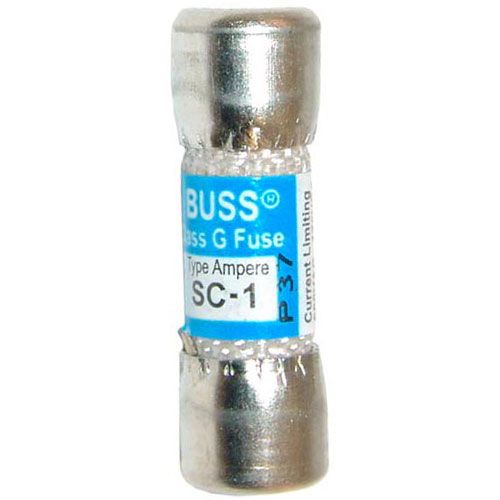
 -13%Hatco 02.03.005A.00 SC-1 Time Lag Fuse, 13/32" X 1-5/16", 600V, 1 AMPSpecial Price CAD$34.69 Regular Price CAD$39.76
-13%Hatco 02.03.005A.00 SC-1 Time Lag Fuse, 13/32" X 1-5/16", 600V, 1 AMPSpecial Price CAD$34.69 Regular Price CAD$39.76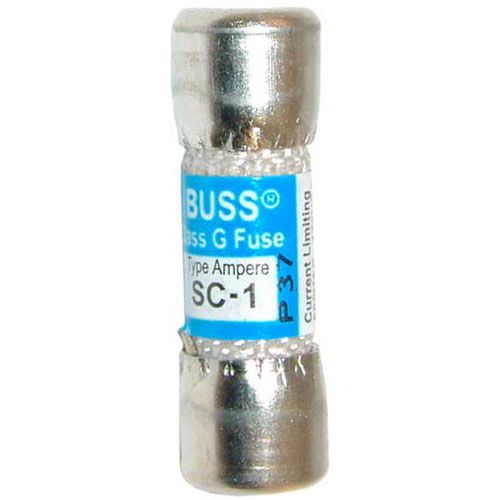
 -13%Hatco 02.03.005A.02 SC-1 Time Lag Fuse, 13/32" X 1-5/16", 600V, 1 AMPSpecial Price CAD$34.69 Regular Price CAD$39.76
-13%Hatco 02.03.005A.02 SC-1 Time Lag Fuse, 13/32" X 1-5/16", 600V, 1 AMPSpecial Price CAD$34.69 Regular Price CAD$39.76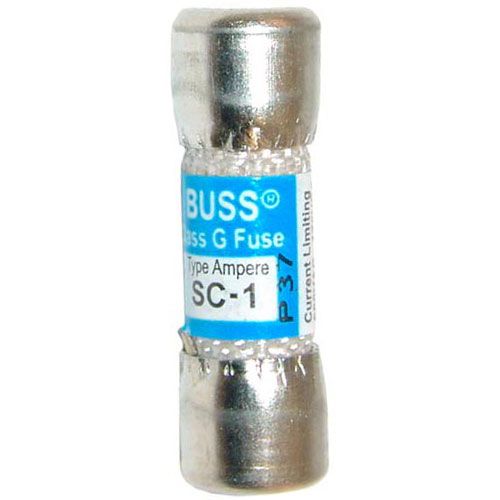
 -13%Hatco 02.03.006 SC-1 Time Lag Fuse, 13/32" X 1-5/16", 600V, 1 AMPSpecial Price CAD$34.69 Regular Price CAD$39.76
-13%Hatco 02.03.006 SC-1 Time Lag Fuse, 13/32" X 1-5/16", 600V, 1 AMPSpecial Price CAD$34.69 Regular Price CAD$39.76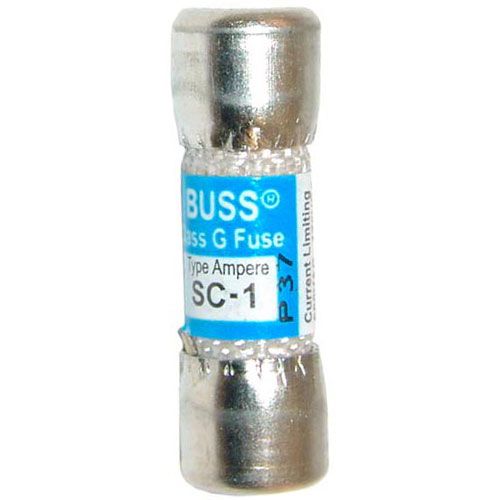
 -13%Hatco 02-03-005A SC-1 Time Lag Fuse, 13/32" X 1-5/16", 600V, 1 AMPSpecial Price CAD$34.69 Regular Price CAD$39.76
-13%Hatco 02-03-005A SC-1 Time Lag Fuse, 13/32" X 1-5/16", 600V, 1 AMPSpecial Price CAD$34.69 Regular Price CAD$39.76- -13%Hatco 02-03-005A-00 SC-1 Time Lag Fuse, 13/32" X 1-5/16", 600V, 1 AMPSpecial Price CAD$34.69 Regular Price CAD$39.76
- -13%Hatco 02-03-005A-02 SC-1 Time Lag Fuse, 13/32" X 1-5/16", 600V, 1 AMPSpecial Price CAD$34.69 Regular Price CAD$39.76
- -13%Hatco 02-03-006 SC-1 Time Lag Fuse, 13/32" X 1-5/16", 600V, 1 AMPSpecial Price CAD$34.69 Regular Price CAD$39.76
Fuses
Fuses play a crucial role in various restaurant kitchen appliances, including ovens, fryers, grills, refrigerators, and dishwashers. Given the substantial power requirements and exposure to electrical surges in these devices, fuse replacement is a routine task in commercial kitchens. The intensive cooking operations and powerful heating elements increase the likelihood of overload or short circuits in the electrical circuits, necessitating periodic fuse replacements. Commercial cooking appliances are typically equipped with built-in fuse holders, designed to securely hold fuses and facilitate easy replacement when necessary. These holders, typically made of plastic or metal, protect the fuse from external damage and serve as connection points for the electrical circuit. In some cases, the fuse holders themselves may develop faults, prompting the need for replacement. Fuse holder replacement caps are specifically designed to fit securely over the existing fuse holders, safeguarding them from external elements like moisture, dust, or physical impacts. These replacement caps come in various sizes and shapes, tailored to different fuse holder designs.
Maintaining the original specifications of the fuse during replacement is essential to prevent damage to the electrical circuit or potential fire hazards. Using a fuse with incorrect specifications can have adverse consequences, underscoring the importance of precision in this maintenance process.
FAQs
What is a fuse holder replacement cap, and when should it be used?
A fuse holder replacement cap is a protective cover for a fuse holder. It helps to prevent dust, moisture, and other contaminants from affecting the fuse holder. It should be used when the original cap is damaged or missing.
How do I know if a fuse is blown?
Visually inspect the fuse for a broken filament or use a multimeter to check for continuity. A blown fuse will not show continuity.
Other Electrical & Hardware Parts
| Thermostat | Blower Wheel | Wire |





